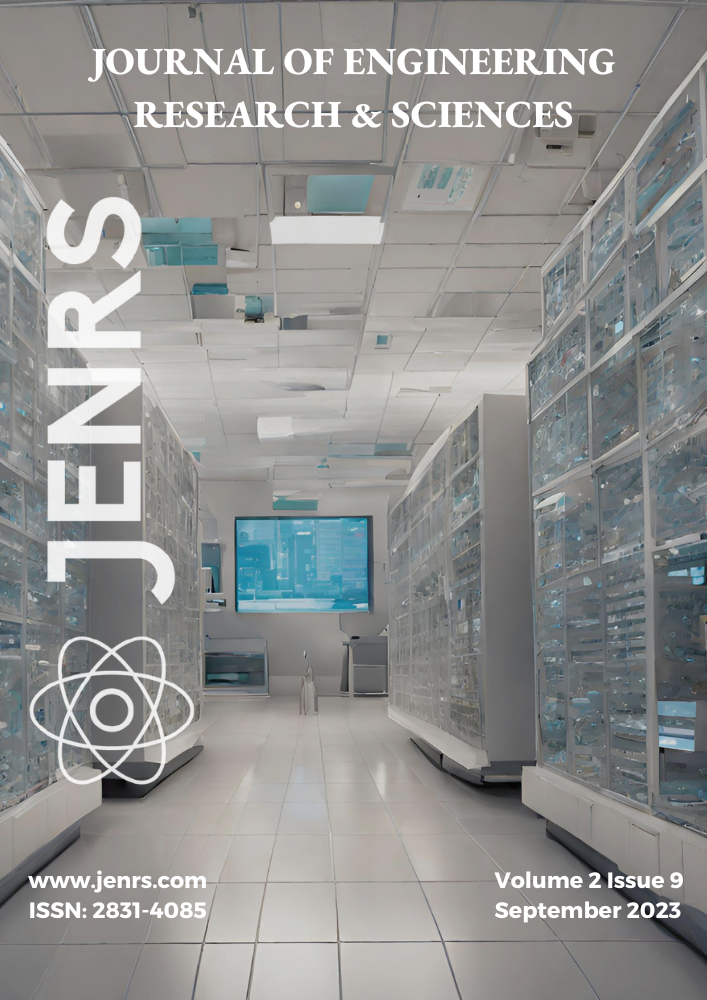
Volume 2, Issue 9
Download Complete Issue
This issue features a research paper about using artificial intelligence (AI) to help manage long-term health problems like heart disease and diabetes. The study introduces a new way of using AI that’s inspired by how groups of animals, like bees or ants, work together. This method helps doctors, patients, and caregivers share information and make better decisions about treatment. It aims to make healthcare more open, trustworthy, and accurate. The researchers believe this approach could lead to better diagnoses, more personalized treatments, and improved health outcomes for patients. This new way of using AI in healthcare could be a big step forward in how we manage these complex health conditions.
Front Cover
Publication Month: September 2023, Page(s): i – i
Editorial Board
Publication Month: Sepetmber 2023, Page(s): ii – ii
Editorial
Publication Month: September 2023, Page(s): iii – iii
Table of Contents
Publication Month: September 2023, Page(s): iv – iv
A Swarm-Based Clinical Validation Framework of Artificial Intelligence Solutions for Non-Communicable Diseases
Kitty Kioskli, Spyridon Papastergiou, Theofanis Fotis
J. Engg. Res. & Sci. 2(9), 1-11 (2023);
Non-communicable diseases (NCDs) present complex challenges in patient care. Artificial Intelligence (AI) offers transformative potential, but its implementation requires addressing key issues. This study proposes a swarm intelligence-inspired clinical validation framework for NCDs, promoting openness, trustworthiness, and continuous self-validation. The framework creates a collaborative environment, connecting healthcare entities, patients, caregivers, and professionals. The swarm-based approach enhances diagnostic accuracy, enables personalized treatment, improves prognosis, supports clinical decision-making, engages patients, enables real-time monitoring, and promotes continuous learning. These implications have the power to revolutionize NCD management and improve patient outcomes.

